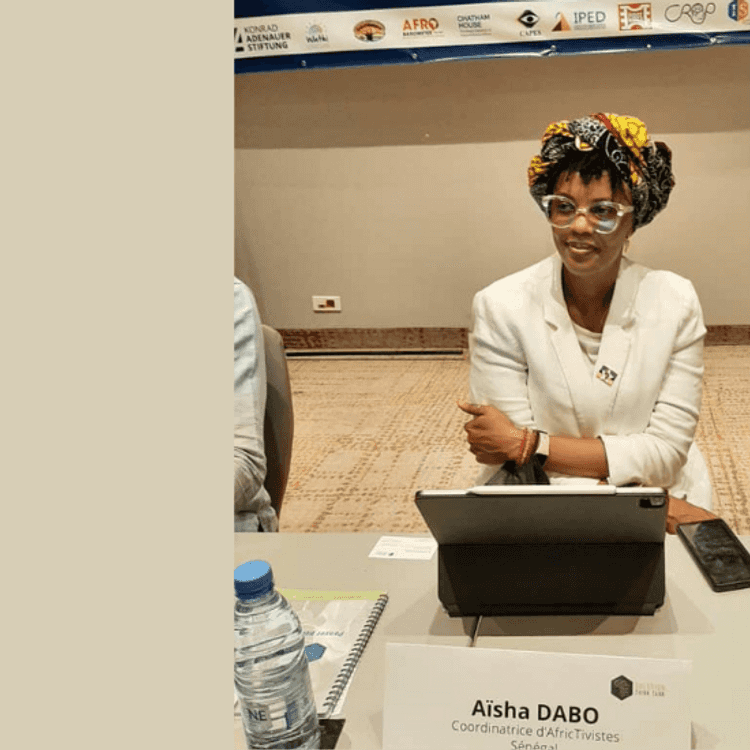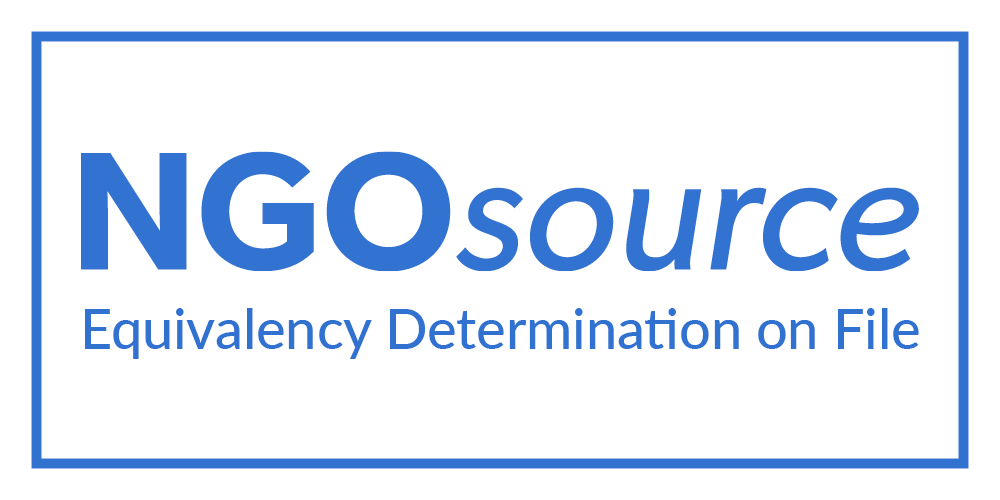Aisha Dabo, Co-founder and Coordinator of AfricTivistes : “We work towards a redefinition of democracy by integrating our realities and the digital.”
The Think Tank WATHI is hosting this year the seventh edition of the Think Tank Solution Meeting which is currently taking place at the Pullman Hotel, Dakar. The Co-founder and Coordinator of AfricTivistes, Aisha Dabo had the privilege of delivering the keynote address on “Internet, Democracy and Governance in Africa”. She pointed out the work that is being done to redefine democracy by integrating our realities and the digital world.
“Political Practices in West Africa: Political, Economic Governance and Stability in West Africa”. This is the theme of the seventh edition of the Think Tank Solution Meeting which brings together several experts in political, security, social sciences and economics, working in West African and European organisations.
On that occasion, the coordinator of AfricTivistes, Mrs. Aisha Dabo, who delivered the keynote address, focused particularly on the interaction between the Internet, Democracy and Governance in Africa and the wonder that results from it.
According to her, democracy is a machine with many wheels that goes off when one wheel is not aligned. Thus, she says that AfricTivistes works for a redefinition of democracy by integrating our realities and digital.
Aisha Dabo assumed that 60% of the current African population is under twenty-five years old. And that this trend will continue to grow. “Young people are mastering digital tools. Our role as civil society and academia is to strengthen their digital education and provide them with tools to build the democratic society of today and tomorrow,” she said.
She said that AfricTivistes, a network of change agents, is using the Internet to improve democracies, governance and human rights. Advocating for a participatory democracy based on “augmented citizenship” particularly in African countries, Aisha Dabo said the organisation defends fundamental rights, including the right of access to information and the internet. Better, she argues that the creation of appropriate tools can interact and make our leaders accountable to taxpayers.
The coordinator of AfricTivistes took the opportunity to recall some innovative projects developed by the organisation and considered as examples of the effective use of digital technology in the improvement of democracy and governance: Local Open Gov Lab, Charter Project Africa, Sahel Insight, Cartographie des initiatives de jeunes (AYIM).
Internet and digital technology against democratic shrinkage in Africa
According to Mrs. Aisha Dabo, the effective integration of digital technology in our democratic system and governance requires a continental transition in our way of doing and operating in order to carry our full weight on the international scene. “We have enough examples of initiatives that show that Africa does not lack talent, it just lacks the political will of officials. We have the intelligence, the talent, and the ingenuity. We just need to build democratic systems that put the citizens first while being responsive and accountable,” said Aisha Dabo, coordinator of AfricTivistes, which has more than 400 change agents in 40 countries.
The Internet and social networking platforms have strengthened some of our fundamental rights and freedoms, including freedom of expression and opinion, the right to access varied and diverse information, the right of association, etc. Better yet, digital technology has changed the relationship that citizens have with themselves or their loved ones, and with the legislative, executive and judicial branches of government, with local or central elected officials, but also with basic services such as health, education or the economy/market. “All sections of our lives are impacted voluntarily or involuntarily by digital technology,” says Aisha Dabo. Again, she continues, the Internet allows us to demand more transparency, accountability in the management of public affairs including strengthening participatory democracy through civic-tech. Hence the need, she said, to preserve the digital, centered on people, an open, accessible and free internet that respects fundamental rights.
Ultimately, faced with the shrinking civic space, the recurrence of unconstitutional amendments to stay in power a little longer and the resurgence of unconstitutional changes of government by the military that undermine democratic gains, Aisha Dabo is convinced that the Internet and digital are good weapons to bring change or facilitate resistance by amplifying the voice of citizens.



![[Cameroon]: AfricTivistes condemns violent repression, urges govt to uphold rights !](/static/6399a9d8e94e3ae1f681f86178520d96/9e635/WhatsApp-Image-2025-10-27-at-15.32.48.jpg)










![[Togo] Civil society organisations and African citizen movements condemn the repression of peaceful demonstrations](/static/66b82c81645de3aac0cd150a43b16ae7/9e635/WhatsApp-Image-2025-06-23-at-22.35.01-1.jpg)
![[Conference] “Fiftieth Anniversary of ECOWAS: Change or Perish – for a Renaissance of Regional Integration.”](/static/2d6bdc85dfc04ba47dab98bc03ff9072/fce2a/Black-and-White-Simple-man-Modeling-Facebook-Profile-Picture-2.png)


